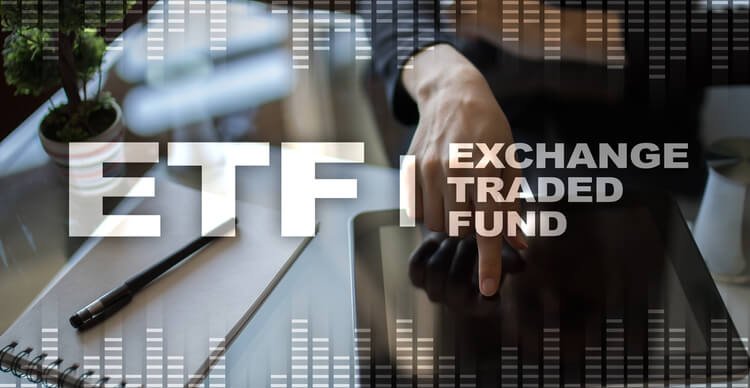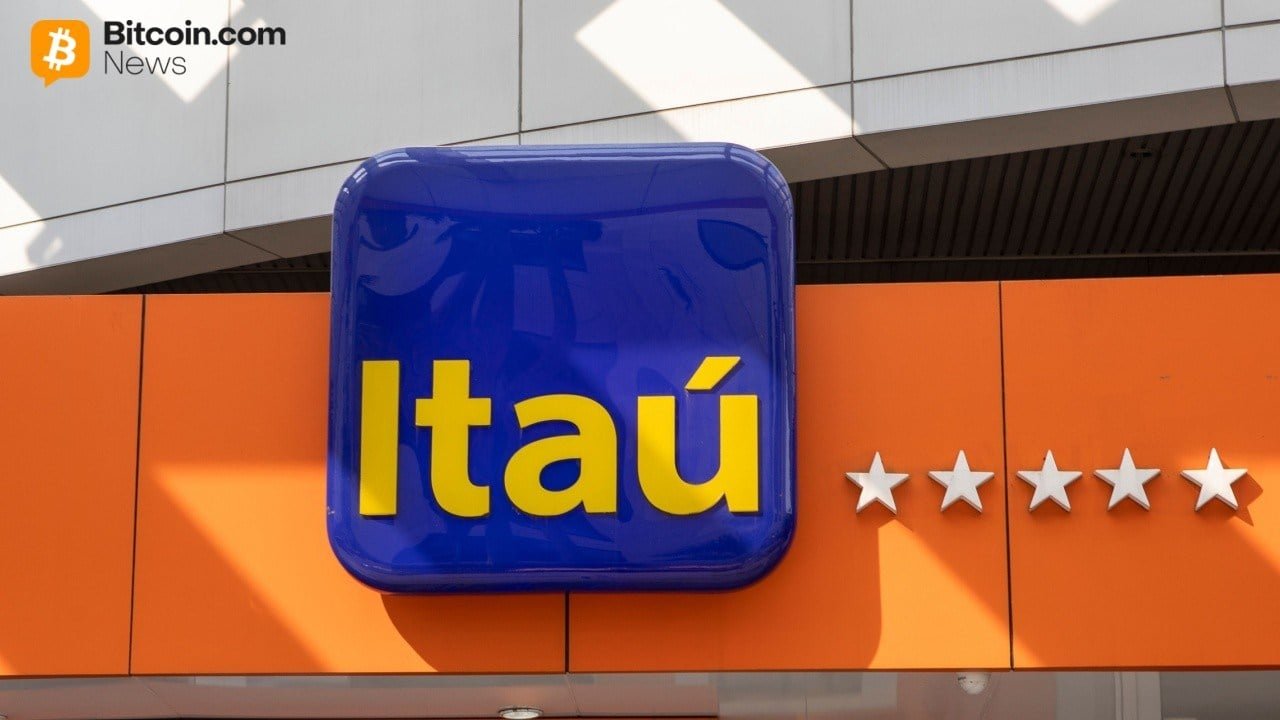Binance Expects Blockchain Transforming Financial Systems
(Originally posted on : Crypto News – iGaming.org )
Blockchain technology is set to reshape the global payments landscape by tackling inefficiencies in traditional financial systems, according to a recent Binance report. The report highlights how blockchain can provide faster, cheaper, and more secure payment solutions compared to existing financial methods.
Current Payment Systems and Blockchain’s Advantages
The report notes that while payment networks like Visa and Mastercard offer near-instantaneous authorization, actual settlement can take days, especially in cross-border transactions. This delay occurs because of the communication required between banks in different countries, prolonging the process.
Blockchain technology addresses these issues with near-instant settlements. The report cites a 2021 pilot by Visa and Crypto.com in Australia, where USDC on the Ethereum blockchain facilitated faster cross-border settlements than traditional methods. This efficiency makes blockchain a compelling option for global payments.
Cost is another area where blockchain shines. Traditional remittance services, particularly in regions like Sub-Saharan Africa, often charge high fees, averaging 7.73%. In contrast, blockchain networks like Solana allow transactions with minimal fees, often just a fraction of a cent. This cost-effectiveness is driving the adoption of blockchain for payments.
Stablecoins are central to this shift, with the market settling over $10.8 trillion in transactions in 2023. Excluding automated activities, this figure stands at $2.3 trillion. Tether and USDC lead the market, commanding 73% and 21% shares, respectively, highlighting their dominance in blockchain-based payments.
New players only. 250% on 1st Deposit + $125 Free Chip
Challenges and Future Outlook
Despite the benefits, blockchain technology still faces hurdles. Scalability is a significant challenge, as even advanced networks like Solana struggle to match the transaction processing speeds of established payment systems. Solana, for example, has experienced multiple outages since its launch in 2020, with seven major incidents halting block production, including the latest in February 2024. These issues raise concerns about blockchain’s reliability for large-scale institutional use.
Binance’s report highlights these challenges, quoting, “Since the mainnet launched in 2020, Solana has experienced 7 major outages which brought block production to a halt, with the latest occurring in February 2024. Such growing pain problems would understandably cause institutions to be cautious about relying on blockchains for key business operations, such as payments.”
Despite these setbacks, the report emphasizes the potential of blockchain as an alternative to traditional financial systems. The technology’s transparency and decentralized nature enhance trust and security, appealing qualities in a financial landscape where centralized control can be susceptible to geopolitical manipulation.
Looking forward, the report envisions blockchain playing a crucial role in global payments, especially in remittances. As technology improves and regulatory frameworks evolve, more businesses and consumers are likely to embrace blockchain-based payments over conventional methods.







 Bitcoin
Bitcoin  Ethereum
Ethereum  Tether
Tether  XRP
XRP  USDC
USDC  Lido Staked Ether
Lido Staked Ether  TRON
TRON  Dogecoin
Dogecoin  Cardano
Cardano  Figure Heloc
Figure Heloc  WhiteBIT Coin
WhiteBIT Coin  Wrapped stETH
Wrapped stETH  Bitcoin Cash
Bitcoin Cash  Wrapped Bitcoin
Wrapped Bitcoin  USDS
USDS  Chainlink
Chainlink  Wrapped eETH
Wrapped eETH  Binance Bridged USDT (BNB Smart Chain)
Binance Bridged USDT (BNB Smart Chain)  LEO Token
LEO Token  Hyperliquid
Hyperliquid  WETH
WETH  Stellar
Stellar  Monero
Monero  Zcash
Zcash  Ethena USDe
Ethena USDe  Coinbase Wrapped BTC
Coinbase Wrapped BTC  Litecoin
Litecoin  Sui
Sui  Avalanche
Avalanche  Hedera
Hedera  Shiba Inu
Shiba Inu  sUSDS
sUSDS  USDT0
USDT0  Dai
Dai  Mantle
Mantle  Toncoin
Toncoin  World Liberty Financial
World Liberty Financial  PayPal USD
PayPal USD  Cronos
Cronos  Ethena Staked USDe
Ethena Staked USDe  Uniswap
Uniswap  Polkadot
Polkadot  MemeCore
MemeCore  Aave
Aave  Bittensor
Bittensor  USD1
USD1  Canton
Canton  Rain
Rain  Bitget Token
Bitget Token  OKB
OKB  Tether Gold
Tether Gold  Falcon USD
Falcon USD  Aster
Aster  NEAR Protocol
NEAR Protocol  Ethereum Classic
Ethereum Classic  Binance-Peg WETH
Binance-Peg WETH  Ethena
Ethena  Jito Staked SOL
Jito Staked SOL  BlackRock USD Institutional Digital Liquidity Fund
BlackRock USD Institutional Digital Liquidity Fund  Pepe
Pepe  Internet Computer
Internet Computer  Pi Network
Pi Network  Jupiter Perpetuals Liquidity Provider Token
Jupiter Perpetuals Liquidity Provider Token  Solana
Solana  Pump.fun
Pump.fun  syrupUSDC
syrupUSDC  HTX DAO
HTX DAO  PAX Gold
PAX Gold  Ondo
Ondo  Worldcoin
Worldcoin  Global Dollar
Global Dollar  KuCoin
KuCoin  Circle USYC
Circle USYC  Sky
Sky  syrupUSDT
syrupUSDT  BFUSD
BFUSD  Ripple USD
Ripple USD  Rocket Pool ETH
Rocket Pool ETH  Binance Bridged USDC (BNB Smart Chain)
Binance Bridged USDC (BNB Smart Chain)  POL (ex-MATIC)
POL (ex-MATIC)  Aptos
Aptos  Gate
Gate  Wrapped BNB
Wrapped BNB  Arbitrum
Arbitrum  Quant
Quant  Binance Staked SOL
Binance Staked SOL  Official Trump
Official Trump  Midnight
Midnight  Algorand
Algorand  Function FBTC
Function FBTC  Cosmos Hub
Cosmos Hub  Liquid Staked ETH
Liquid Staked ETH  VeChain
VeChain  Lombard Staked BTC
Lombard Staked BTC  Solv Protocol BTC
Solv Protocol BTC